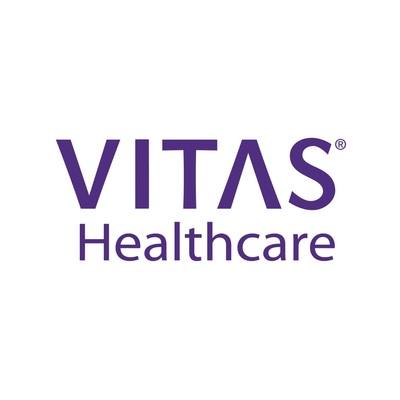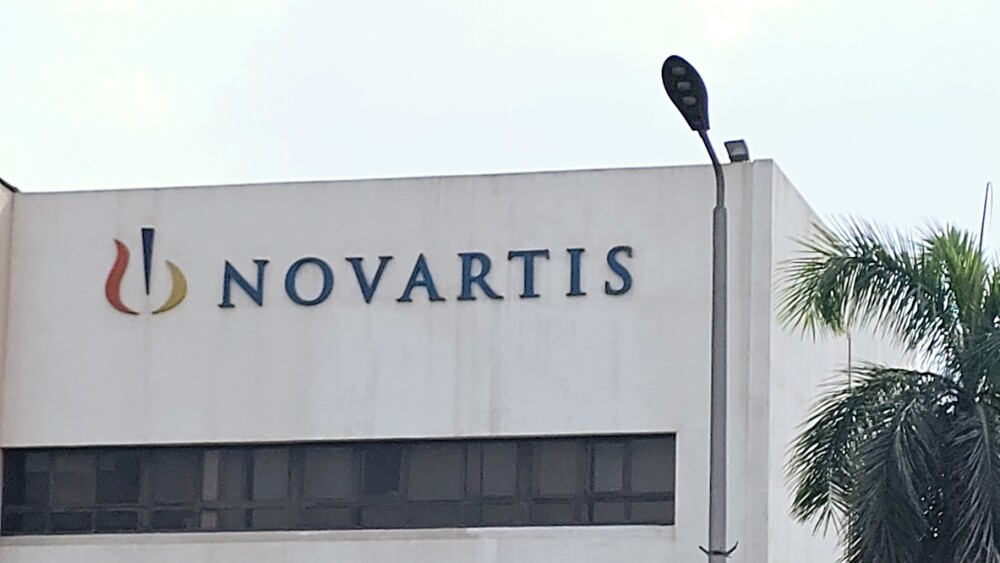The latest in a series of videos by VITAS® Healthcare, the nation’s leading provider of end-of-life care, chronicles the advances in hospice technology—from handwritten intake forms detailing patient information to today’s use of virtual/augmented reality therapy for patients—and shows the many ways the company has innovated care at the patient bedside over the last four decades.
|
MIAMI, Sept. 9, 2019 /PRNewswire/ -- The latest in a series of videos by VITAS® Healthcare, the nation's leading provider of end-of-life care, chronicles the advances in hospice technology—from handwritten intake forms detailing patient information to today's use of virtual/augmented reality therapy for patients—and shows the many ways the company has innovated care at the patient bedside over the last four decades. In the four-minute video, long-tenured VITAS team members acknowledge the extensive transformation in the tools used to deliver quality end-of-life care to patients and their families. While VITAS Healthcare's mission remains the same, the tools available to us have changed considerably over the years. In the early days, staff relied on analog solutions for nearly everything, from case management to communication to patient intake and documentation and record keeping were done manually. Clinical teams expressed skepticism over the reliability of early computer systems, and the notion of clinicians using handheld devices during patient visits was simply unimaginable. "As new technology arose in our early years, it allowed us to grow with it, leveraging the power of computers to develop our digital infrastructure from the ground up," recalls Bob Miller, a former VITAS chaplain 30 years ago who is now executive vice president and chief compliance officer. "The transition paid off in the form of a world-class patient management system." The new system – and the eventual adoption of mobile devices by our clinical teams – virtually eliminated any disconnect between data collection and the application of that data. Previously isolated teams could now communicate instantly, ensuring fewer gaps in patient care and a safer "workplace" for our hospice teams, whose cars often served as secondary office space. Some of VITAS' most exciting technological leaps occurred in the last decade. In 2012, VITAS launched a hospice referral app for mobile devices, closing the gap between referral sources and our admissions staff, and ensuring more timely care transitions for hospice-eligible patients. The next generation of the app will further streamline referral and hospice eligibility queries. Just last year, VITAS announced a collaboration with AT&T to explore the potential of 5G mobile networking technology in hospice settings. Using 5G and virtual/augmented reality, VITAS and AT&T are reducing chronic pain and anxiety in appropriate patients. "I look at where we are today and realize how far we've come," says Maggie Macfarlane, senior director of medical claims review and 31-year veteran of VITAS. "[We're] more efficient and we can still be with the patients and families." Perhaps most importantly, the new technology didn't create a barrier between VITAS clinicians and their patients, but rather fostered more interaction with patients and families to meet their needs, and less time completing cumbersome paperwork. Throughout VITAS' four-decade history as a hospice leader and into the next decade, VITAS raises the bar on what hospice can be by integrating compassionate, patient-focused care with cutting-edge technology. While VITAS' philosophy of care remains the same, the technology used to deliver that care never stops evolving. About VITAS® Healthcare For Media Inquiries, contact: media@vitas.com or 877-848-2701
SOURCE VITAS Healthcare |






